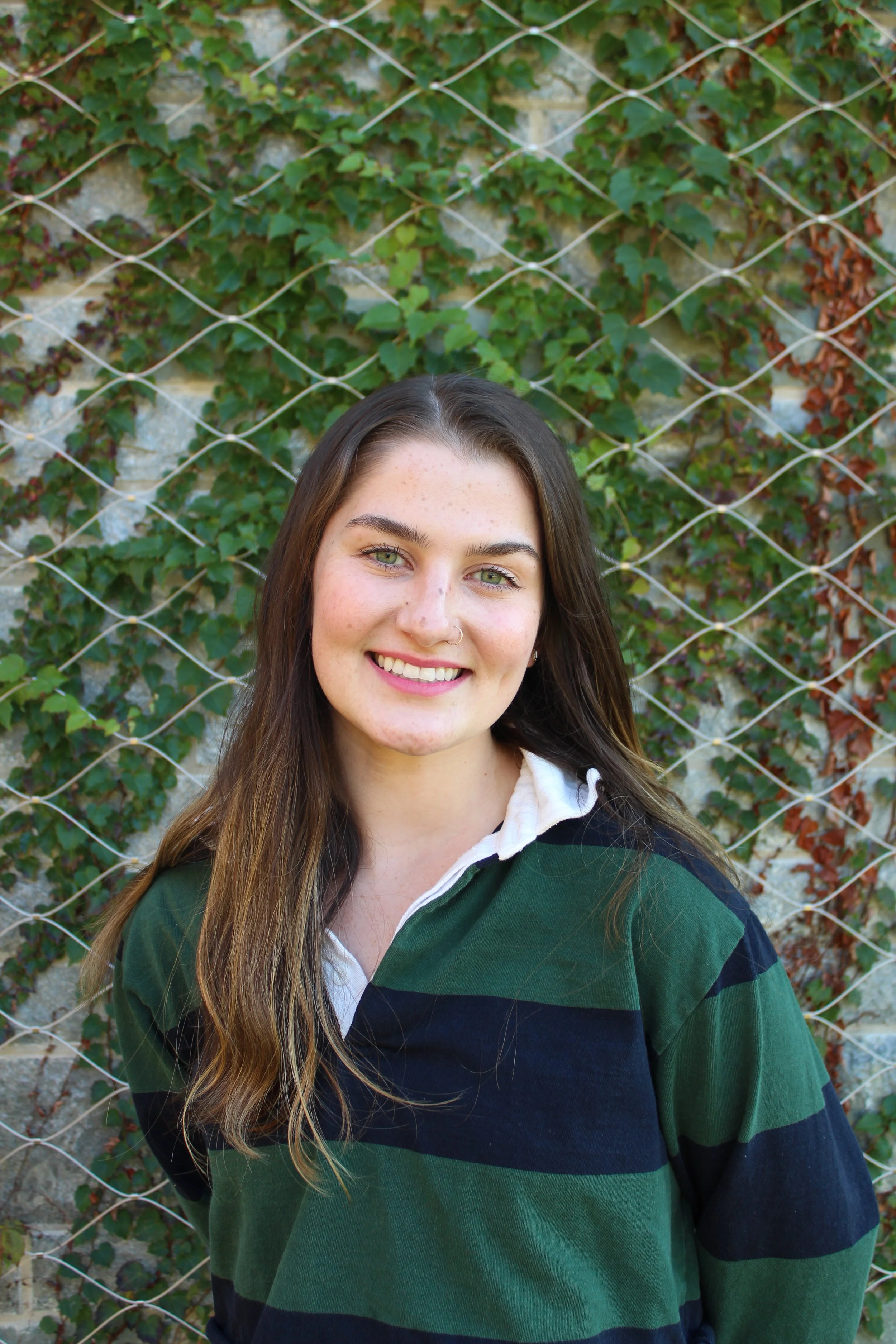Savannah B.
If you’re reading this, it’s okay to let go of the guilt.
Therapy helped me realize I had never not felt guilty. Ever. I know this might sound strange, but to make it relatable, imagine every waking moment of your life resembling the anxiety of a hangover -- the dread of what you might have done or said that could have made someone, or everyone, mad at you. Except you did nothing wrong, yet that fact does nothing to quell your fears.
It took 19 years for me to receive an accurate diagnosis. Finally, I could accurately identify this nebulous feeling of guilt I had been struggling with my whole life as a manifestation of Obsessive-Compulsive Disorder (OCD). My constant “what if?”s turned my mind into a web of contradictions and unreasonable assumptions meant to harm my self-perception as much as possible. I felt validated after receiving the official diagnosis from my psychiatrist, but this relief quickly subsided. I can label the guilt, the dread, and the “what if?”s now, but what’s the next step? They remain in my mind, where they always had been — constantly weighing me down and crushing my spirit.
College began as a very exciting journey, with everything feeling so new and fun being so far away from home. I thought being in a new place with new people and new opportunities would save me from my own mind, yet the opposite quickly became the case.
Making friends in college is already hard, but my self-confidence in building these relationships was being routinely crushed by the obsessive guilt. I started noticing myself dropping everything for everyone in an attempt to convince myself and others that I was a good friend and person. If I did everything for everyone, I would finally be able to rid myself of the ever-present guilt.
This never worked, obviously, and the intrusive thoughts got much, much louder instead. I had convinced myself I was a horrible person who my friends only spent time with out of pity. What were supposed to be fun social events and hangouts with my loved ones devolved into excruciating self-hatred sessions in which I could not focus on anything but myself and how I was acting around others.
Eventually, I got to my breaking point. I could feel the tension building within me throughout junior fall semester after two full years of this angst, and during winter break, I finally snapped over something unrelated to my constant guilt and seemingly very minor. It was time to call my therapist and figure out a game plan. I could not keep living like this.
After about a year of medication combined with therapy –where I share my every thought and concern with my wonderful therapist – I am now able to exist in a way I never had before. Finally, I can enjoy moments with my loved ones without the constant dread I was feeling. These people actually don’t hate me! I am not doing everything wrong! I am worthy of love and acceptance and friendship!
Don’t get me wrong, I still really struggle at times to resist the urge to seek reassurance from friends, and the guilt is still lurking in my brain somewhere, but now it is much quieter. Now, I recognize this voice in my head as something apart from myself — some abstract voice that belongs to no one but the OCD.
As I’ve gained awareness about my situation through therapy, I started to become more intentional about making every interaction as warm and welcoming as possible, just in case others needed some extra reassurance that they are valid and loved too. Make sure to tell your friends you love them for no particular reason, pay for a stranger’s coffee, write letters — yes, physical letters — to loved ones, and remind yourself that these people do love you, no matter what you may sometimes convince yourself. Your loved ones might need the reminder, too. But, seriously, in the midst of all of this outward kindness, make sure to take time to be kind to yourself. You cannot do everything all the time. Give yourself grace for that.
If you’re reading this, let yourself breathe and remember that as great as it is to give to others, you need to be there for yourself too. Don’t feel guilty about that.
Savannah B., Georgetown University
Connect With Us
To follow IfYoureReadingThis at Georgetown on Instagram, get in touch with our chapter, and learn about more resources available to Georgetown students, visit our chapter’s homepage.
AUTHOR CONTACT
This author has opted to allow readers who resonate with their story to contact them. If you would like to speak to the author of this letter about their experience, please use the form below.

